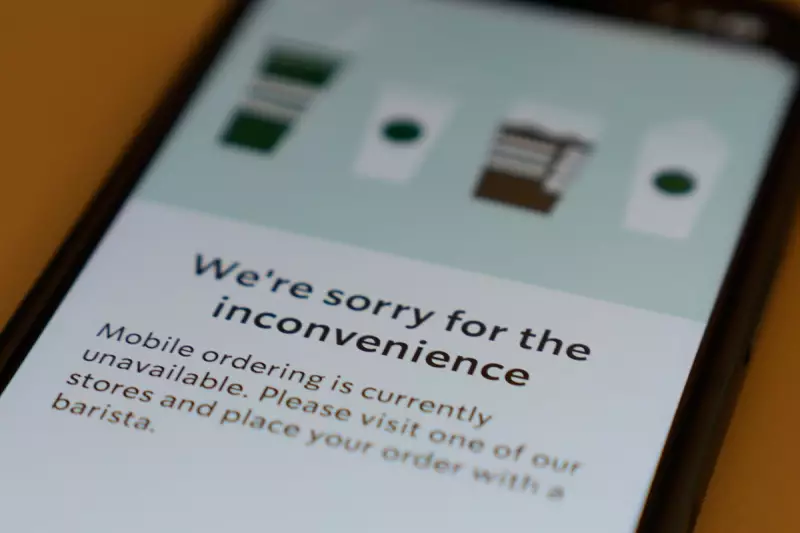
A catastrophic failure in Amazon's cloud computing division has sent shockwaves through the digital world, leaving major corporations and popular services scrambling to recover.
The widespread outage at Amazon Web Services (AWS) on Tuesday demonstrated just how dependent modern businesses have become on cloud infrastructure, with disruptions affecting everything from fast-food ordering to social media platforms.
Major Services Brought to Standstill
Among the most visible casualties was McDonald's, whose mobile ordering system and in-store kiosks failed completely in several countries including the UK, Japan, and Australia. Customers found themselves unable to place digital orders, forcing many locations to revert to traditional counter service.
Social media giant Snapchat also suffered significant disruptions, with users reporting problems sending messages and loading content throughout the outage period.
The Ripple Effect Across Industries
The incident exposed the vulnerability of relying on single cloud providers, with multiple streaming services and digital platforms experiencing partial or complete failures. Amazon's own services, including the Alexa voice assistant, were also caught in the crossfire.
Amazon confirmed the issues stemmed from problems within their AWS cloud computing division, which serves as the backbone for countless websites, apps, and digital services worldwide.
Cloud Computing's Single Point of Failure
This isn't the first time AWS outages have caused widespread disruption, raising questions about the concentration of critical digital infrastructure in the hands of a few major providers. The incident serves as a stark reminder of the fragility of our increasingly digital economy.
As businesses increasingly migrate to cloud-based solutions, experts are calling for more robust contingency plans and diversified cloud strategies to prevent similar large-scale disruptions in the future.





